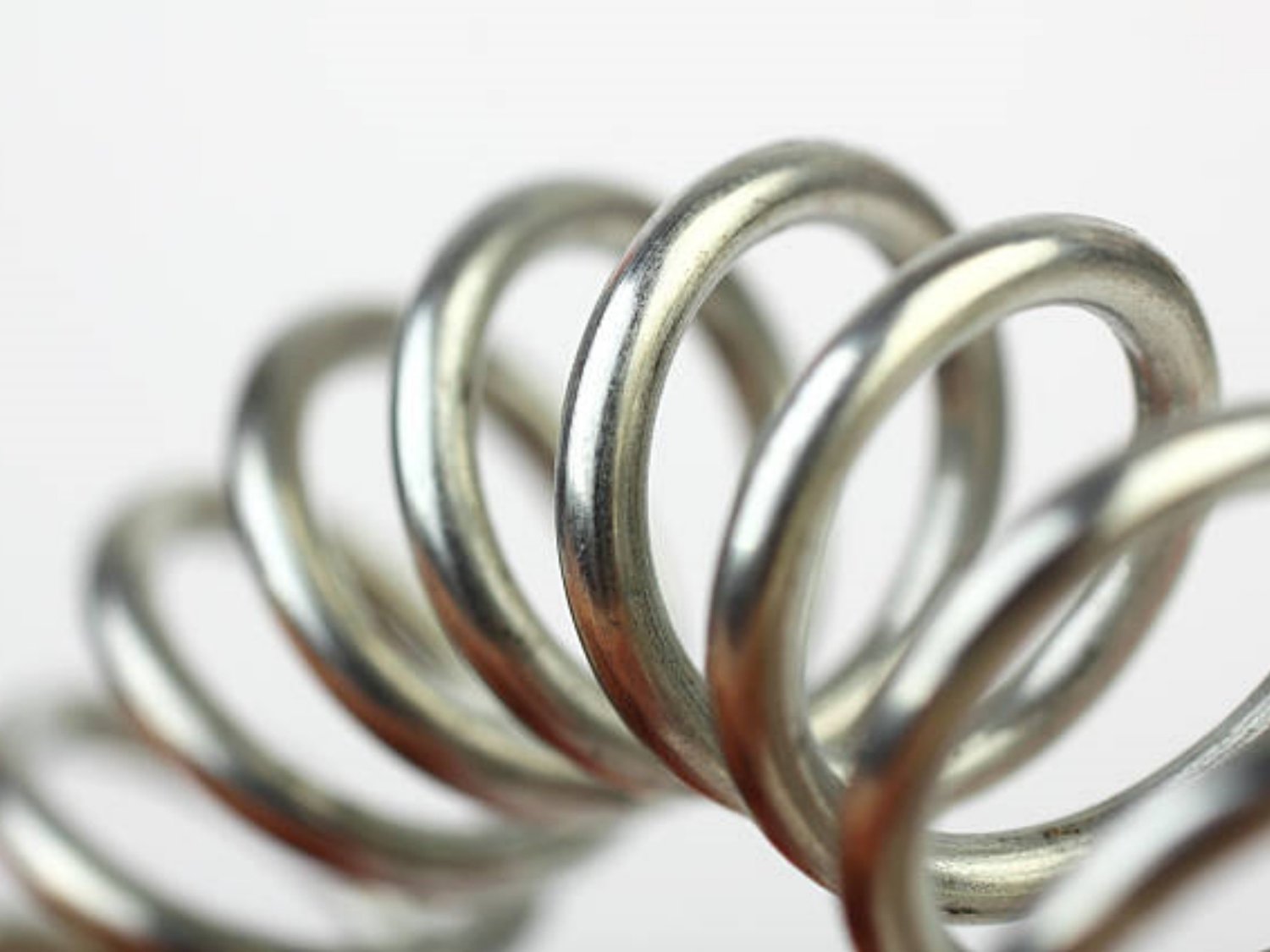Introduction
Tension springs are an essential component in countless mechanisms and machines, from cars to toys. They are designed to resist stretching or extend under force while maintaining their coil shape. In this article, we will explore the advantages of using tension springs in various applications.
1. Provides Consistent Force
One significant advantage of using tension springs is that they provide consistent force throughout their compression and extension cycles. They are useful in applications that require a spring to maintain a constant level of force, such as in automotive suspension systems.
2. Resistant to Fatigue
Tension springs, unlike other types of springs, are highly resistant to fatigue. They can withstand repeat cycles of compression and extension without deteriorating. As a result, they are ideal for use in applications that require a spring to be used repeatedly, such as in door hinges.
3. Space-Efficient Tension Springs
Tension springs can be designed to be small but powerful, making them an excellent choice for applications where space is limited. They can be manufactured in a range of sizes and designs, allowing them to be used in everything from small toys to large industrial machinery.
4. Versatile Tension Springs
Tension springs are incredibly versatile and can be designed to suit various applications. They can be made in a range of materials, from stainless steel to titanium, depending on their use. Additionally, they are often used in combination with other components, such as hooks or wire forms, to fulfill specific requirements.
5. Low Cost and High Durability
Tension springs are highly durable, making them a cost-effective option for many applications. They require minimal maintenance and are resistant to wear and tear. They can be used in many different environments, including in corrosive or high-temperature settings.
6. Resistant to Shear Forces
Tension springs are designed to resist shear forces, making them an ideal choice for use in a range of applications. They are often used in machines that require a spring to resist tension while maintaining its shape.
7. Easy to Install
Installing tension springs is relatively easy, making them an accessible component for small businesses and DIY enthusiasts. With simple tools and instructions, anyone can install them for their specific purpose.
8. Able to Handle Heavy Duty Applications
Tension springs are highly durable and can handle heavy-duty applications. This makes them the ideal option for use in environments where high levels of force or tension are present, such as in mining or drilling equipment.
9. Can Be Customized
Tension springs can be customized to suit specific requirements. They can be tailored to different lengths, diameters, and materials, making them an excellent choice for specialized applications. Customization also allows for the addition of coatings or surface treatments, providing additional benefits such as corrosion resistance.
10. Reliable and Safe Tension Springs
Tension springs are designed to be reliable and safe. They undergo rigorous testing to ensure that they perform as expected in real-world scenarios. This makes them a popular choice in critical applications such as aerospace or medical devices. tension springs, advantages, consistent force, fatigue-resistant, space-efficient, versatile, low cost, high durability, shear forces, heavy-duty applications What are the Advantages of a Tension Spring? Key Benefits Explained Discover the key benefits of using tension springs in a range of applications. Our informative article explains the advantages of tension springs and how they provide consistent force, are resistant to fatigue, versatile, and more.

